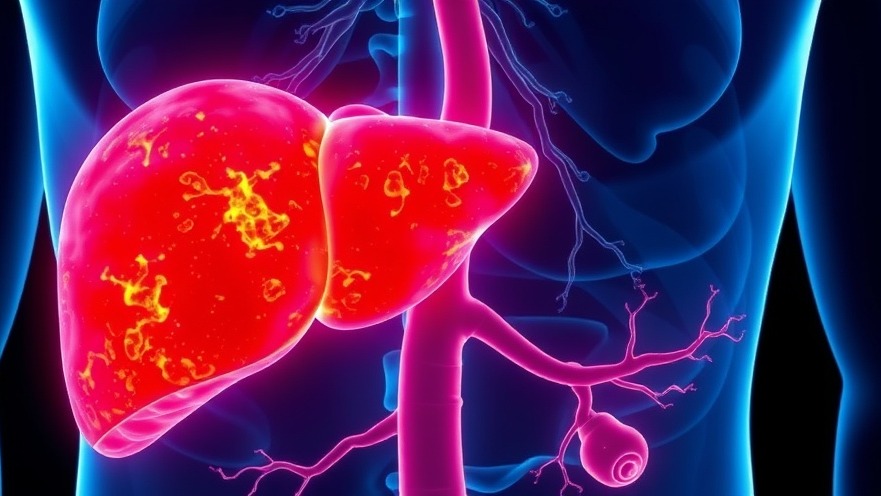
Understanding Liver Cancer: An Overview
Liver cancer is a serious disease that occurs when cancer cells form in the tissues of the liver. Its effects can be devastating, impacting not only the patient’s health but also their emotional well-being and the quality of care they receive. In this article, we’ll explore the key facts about liver cancer, its risk factors, and how concierge medical practices can improve patient connections in the face of such a daunting diagnosis.
Hepatic Health: Key Statistics and Risks
According to recent statistics, liver cancer is one of the fastest-growing cancer types in the United States. Hepatocellular carcinoma is the most common form of liver cancer, often developing in individuals with pre-existing liver diseases, such as cirrhosis or hepatitis B and C. Identifying and managing these risks is vital for improving patient outcomes.
The Emotional Toll of a Liver Cancer Diagnosis
Receiving a diagnosis of liver cancer can be a life-altering event. Patients often experience a range of emotions from fear and anxiety to sadness and anger. It’s crucial for concierge medical practices to provide empathetic communication and support. By fostering a sense of connection and understanding, healthcare providers can help patients and their families navigate their emotional challenges more effectively.
Concierge Care: Enhancing Patient Relationships
In concierge medical practices, providers have the unique opportunity to form deeper connections with patients. This model prioritizes individualized attention and responsive care. For patients dealing with liver cancer, having a dedicated healthcare team that understands their struggles can significantly influence their treatment experience and overall satisfaction. Strategies such as regular check-ins, personalized treatment plans, and dedicated time for discussions can help build this essential rapport.
Future Trends: Innovations in Liver Cancer Treatment
The landscape of liver cancer treatment is continually evolving. Innovations in personalized medicine and targeted therapies show promise for improving outcomes. Concierge practices, by staying informed on these advancements, can better guide patients through new treatment options — ensuring they receive the most effective care without navigating the complex healthcare system alone.
Practical Advice for Patients and Providers
For those involved in the treatment and care of liver cancer patients, knowledge is power. Encouraging patients to maintain open lines of communication, make informed decisions about their care, and actively participate in their treatment plans can enhance their sense of control. Furthermore, integrating support resources—such as counseling or nutritional guidance—can profoundly impact the overall patient experience.
In conclusion, understanding liver cancer and enhancing patient connections within concierge medical practices can lead to better health outcomes and improved patient satisfaction. By putting empathetic communication at the center of care, providers can significantly transform the experience of those faced with this formidable disease.
 Add Row
Add Row  Add
Add 






Write A Comment